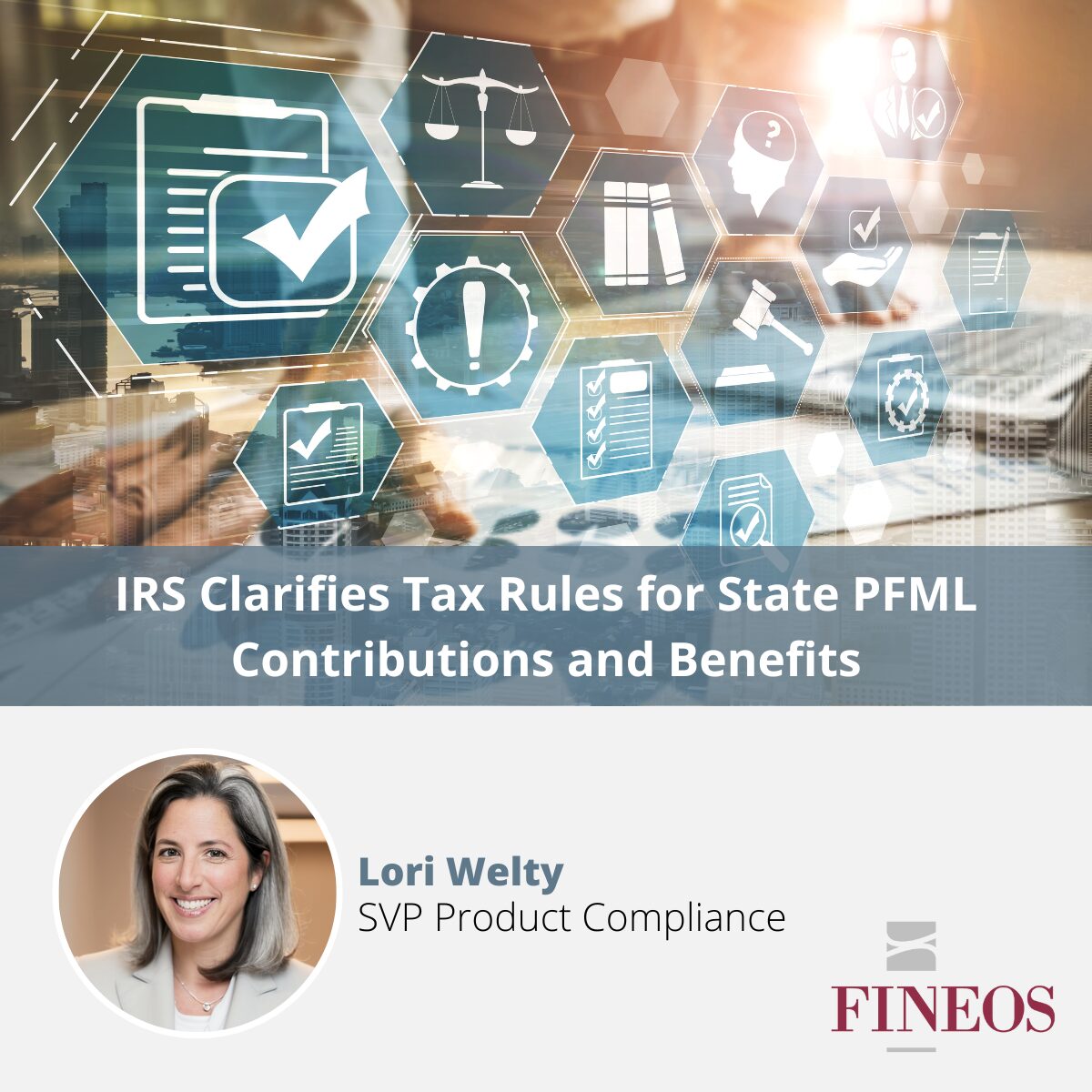Adam Dunne, Product Manager, FINEOS
Dr. Jason Busse gave an enlightening talk on his research into the predictors of claimant recovery, in particular highlighting those modifiable factors that claims examiners can affect to improve the outcome of a claim.
“The disability spectrum, directing resources toward claims-at-risk”
Dr. Busse described Complex Claims as typically those that have subjective symptoms such as some mental nervous conditions with minimal or absent objective findings. There may also be credibility issues, psychosocial contributors or a high potential for adversarial relationships. Particularly from those with a medical or legal background for example, who are inclined to attempt to direct the course of their treatment or claim management. He highlighted that typically claims examiners will focus their efforts on those claims at either end of the complexity spectrum, targeting the least complex claims as they are likely to close quickest or the very complex. Typically the calendar is the only tool used to assess complexity where claims with a prolonged duration are assumed to be complex. This approach often overlooks the “claims-at-risk”. Those claims that are in the middle of the complexity spectrum and are more susceptible to adverse development especially if neglected.
Dr. Busse worked with a large Canadian employer to analyse a cohort of their employees claiming disability to understand the effect of Cognitive Behavioral Therapy on return to work durations, contributing to a paper on this topic in 2011 (Attitudes towards disability management: A survey of employees returning to work and their supervisors [https://iospress.metapress.com/content/4w84081428466666/]). He also found that the attitudes of claims examiners, employers and those supervising an employees recovery and return to work have a profound effect on the duration of a claim. Claims examiners that take an empathetic supportive approach in their interaction with the claimant, prioritising the claimant’s wellness and recovery have been found to have a positive effect on duration.
“The Complex Case: a pseudonym for malingering?”
Dr. Busse examined what makes a claim complex with some insightful examples that made the point, complexity is not a pseudonym for malingering. There are many other factors that make a claim complex apart from exaggerating or feigning illness such as the psychosocial factors mentioned previously or workplace relationship issues. This research has synergies with the ‘FINEOS Predictive Framework’ in Eoin Kirwan’s presentation on ‘FINEOS Analytics’. FINEOS already captures many of the non-medical variables identified by Dr. Busse’s research as being strong predictors of duration e.g. employment, salary, education and activities of daily-living. Dr. Busse explained that his research has been limited by admin systems not explicitly capturing such factors.
“The Most Powerful Predictors of Recovery are Likely Non-Medical”
Dr. Busse and his team have produced a survey called ‘Somatic Pre-Occupation and Coping Questionnaire’ (SPOC). This protocol was developed in conjunction with four large Canadian insurers and one Dutch insurer and covers a wide range of factors other than medical. It has been observed that employing this questionnaire provides a more accurate picture of those claims that are likely to return to work.
“Systems gap complicating effective triaging and assignment of resources”
Dr Busse highlighted that the “systems gap” or lack of data points recorded by claims systems has complicated being able to act on the advantage presented by the questionnaire and research. Addressing this issue is precisely the goal of FINEOS Operational Analytics.
“Modifiable Predictors of Claim Duration”
Dr. Busse concluded by looking at those modifiable predictors of claim duration, highlighting that there is little point in predicting duration if there’s nothing that can be done to affect it. Predictors such as receiving psychotherapy and approving a claim quickly are examples of such modifiable predictors that were found to have a significant impact on duration.
Bio
Dr. Jason Busse has completed a BSc in Microbiology and an MSc in Medical and Molecular Genetics at the University of Toronto, a Doctorate in Chiropractic at CMCC, training in Cognitive Behavioral Therapy at McMaster University, and a PhD in Health Research Methodology at McMaster University under the supervision of Dr. Gordon Guyatt. Dr. Busse is an Assistant Professor in the Department of Clinical Epidemiology & Biostatistics at McMaster University and a Scientist at the Institute for Work & Health. Dr. Busse has been active clinically in the management of disability secondary to chronic pain and fatigue syndromes since 1999 and has authored over 70 peer-reviewed publications with a focus on medically unexplained syndromes, orthopedic trauma, and methodological research. His academic efforts are supported by a New Investigator Award from the Canadian Institutes of Health Research and Canadian Chiropractic Research Foundation.


